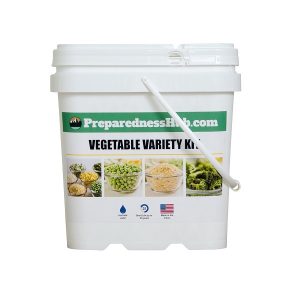For many people, homeownership is a rite of passage. It is a way to grow one’s net worth as well as serving as a sign of success. However, homeownership comes with its own problems. Consequently, there are some things that every first-time homeowner should know how to do.
These tricks will not only save you headaches down the road but ensure that you are prepared for the unexpected.
Take an Inventory of Your Home – For insurance purposes, it is always helpful to know what is in your house and what these items are worth, especially if you have valuables like jewelry or family heirlooms. Be sure to record the make, model, and serial numbers of big-ticket items like appliances. Save your receipts for expenses related to major renovations and upgrades
Set off the Water to Your House – Shutting off the water to your house is critical when making repairs. The main shut off value is usually located near where the main water supply enters the house in the basement or on outside wall.
Stop an Overflowing Toilet – If you notice that the toilet bowl is filling past its normal level, take off the top of the tank and grab the rubber ball, or float. Pull it up so that the clean water will stop refilling the bowl. This will you give some time to unclog the waste with a plunger or shut off the water to it.
See also: 10 Cheap Yet Effective Home Security Tips
Thaw a Frozen Pipe – Frozen pipes are notorious among homeowners who live in colder climates. Signs of a frozen pipe include cracks, bulges, and frost on the pipe itself as well as slow running water or nothing at all from the faucet it feeds. Frozen pipes can be treated with heating pads or hair dryers but be careful. Thawed pipes can leak or even burst.
Use Your Circuit Breaker – The circuit breaker contains the switches to turn off electrical power to the whole house as well as individual rooms, outlets, and appliances. Upon moving in to your new home, your circuit breaker may or may not be labeled correctly or at all. Enlist the help of another person to figure out which is which.
Use a Fire Extinguisher – In the case of a fire, every second counts. That’s why it is critical to know how to use a fire extinguisher and to have one in different locations. Make sure you and your family are familiar with operating one.
Develop an Emergency Kit – If disaster strikes, it never hurts to be prepared with a survival or 72-hour emergency kit. Packed with essentials, this will keep you going in case you need to ride out an emergency with everything you need.


 Freeze-dried Vegetable Variety Kit
Freeze-dried Vegetable Variety Kit